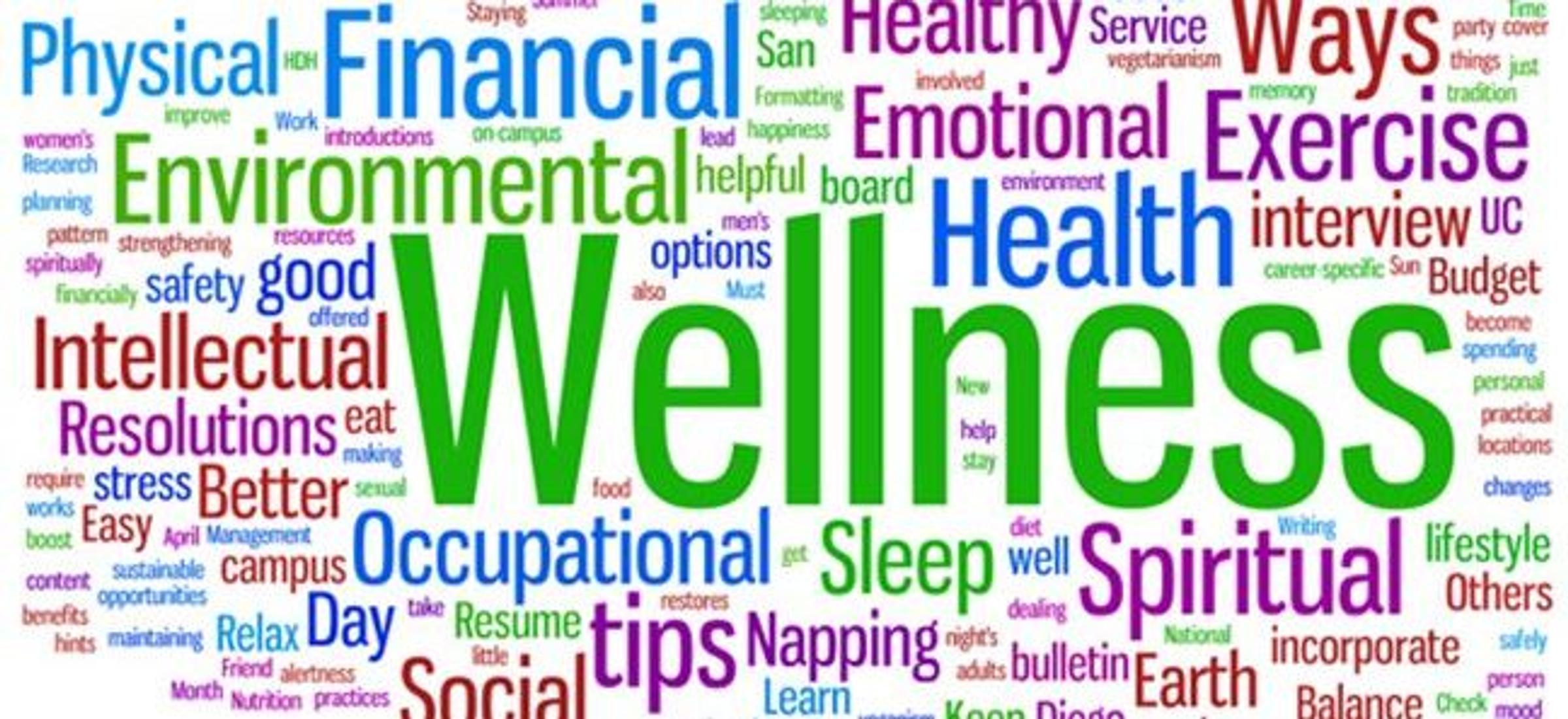Student Wellbeing News

Exams Time......Top 7 tips for parents and families
These tips can help you support your teenager in the lead up to exams:
- Talk about symptoms of stress at home and help your teenager to identify when and why they might be feeling stressed. By understanding what makes them stressed they can build the skills to cope better and reduce stress in the future. You may want to share some of your own experiences or tips for coping.
- Help them set up a quiet and comfortable place to study and help them get organised. Talk through their study planning and help them set achievable goals and break their tasks down into bite-sized pieces.
- Help them to write a study timetable that includes breaks and time to relax and socialise.
- Give them some time off household chores during their exam period and schedule family time around their study timetable. Be responsive to their needs and don't ask them to stop studying for something that isn't urgent.
- Help them write a list of things they can do to relax. Making time to relax can help to reduce stress and calm their nerves. By identifying things that help them feel relaxed, they will have a toolkit for managing stress next time.
- Encourage them to be active, eat well and sleep well. Go for walks or be active as a whole family and make healthy meals (limiting caffeine and sugar - teenagers should not drink more than 100ml of caffeine per day).
- Look after yourself. Take time out to relax, have fun and do something for yourself. Even if it's for ten minutes before the kids get up, practicing a little self-care every day can help to reduce your own stress. By taking care of your own wellbeing you will be in a better place to support your teenager through this stressful time.
What to do if your teenager isn't coping!
If your teenager really isn't coping with their study load it may be time to seek further support from a professional. A psychologist or counsellor can help them learn strategies to manage their stress. You can also talk to one of the Wellbeing staff about ways to support them at school.
It is also important to talk about different types of achievement. Getting the right ATAR is not the only way to achieve their goals.
This is a resource from REACHOUT.com.au
If you have any concerns about a young person who attends this school please feel free to contact any of our Wellbeing staff members:
Michelle Beirouti (7-10 Campus),
Myriam Camilleri (7-10 Campus),
Kirsten Bakker (VCE Campus)

